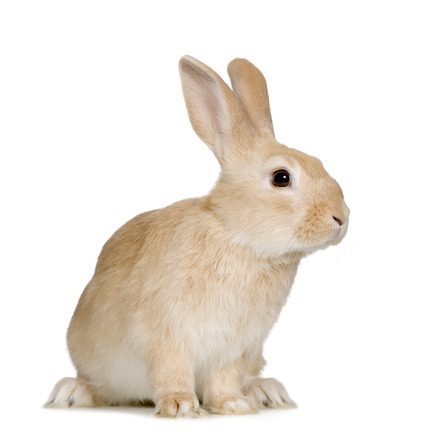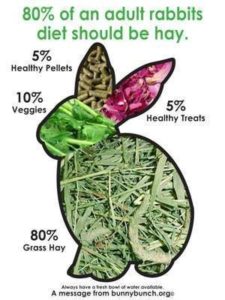Our Winter 2017 Newsletter has arrived, read it here today.
Included in this issue :
Worming worries – is your pet affected?
There are a variety of treatments to prevent worm infections, these are easy to apply and we have a range suitable for both cats and dogs. There are three important groups of worms to be aware of – Roundworms which produce a ‘pot- belly’ appearance, Tapeworms – can cause diarrhoea and Lungworms which can be passed on to dogs by slugs and snails. Read more about worms and your pets here.
Fattening up for the winter?
Shorter days and colder weather means pets often exercise less and eating more. It is really important to ensure your pet doesn’t put on excess weight over the winter period. Being overweight, just like with humans can lead to a variety of health problems. Learn about how to check your pets shape is healthy and the conditions to be aware of in our newsletter.
How healthy are your dog’s eyes?
Your dogs eyes are very complex organs and thankfully function normally most of the time. Read our Winter Newsletter to learn the signs to watch out for and what to treat as an ocular emergency.
Bunny Upsets.
If your rabbit seems to be eating less, it is well worth making an appointment for a check up. A reduction in appetite or faecal production may indicate an underlying problem. Our Winter Newsletter includes the signs to watch out for to ensure your bunny stays healthy this winter.
We hope you enjoy our Winter Newsletter, if you have any queries regarding any of the articles mentioned please do not hesitate our friendly team.






